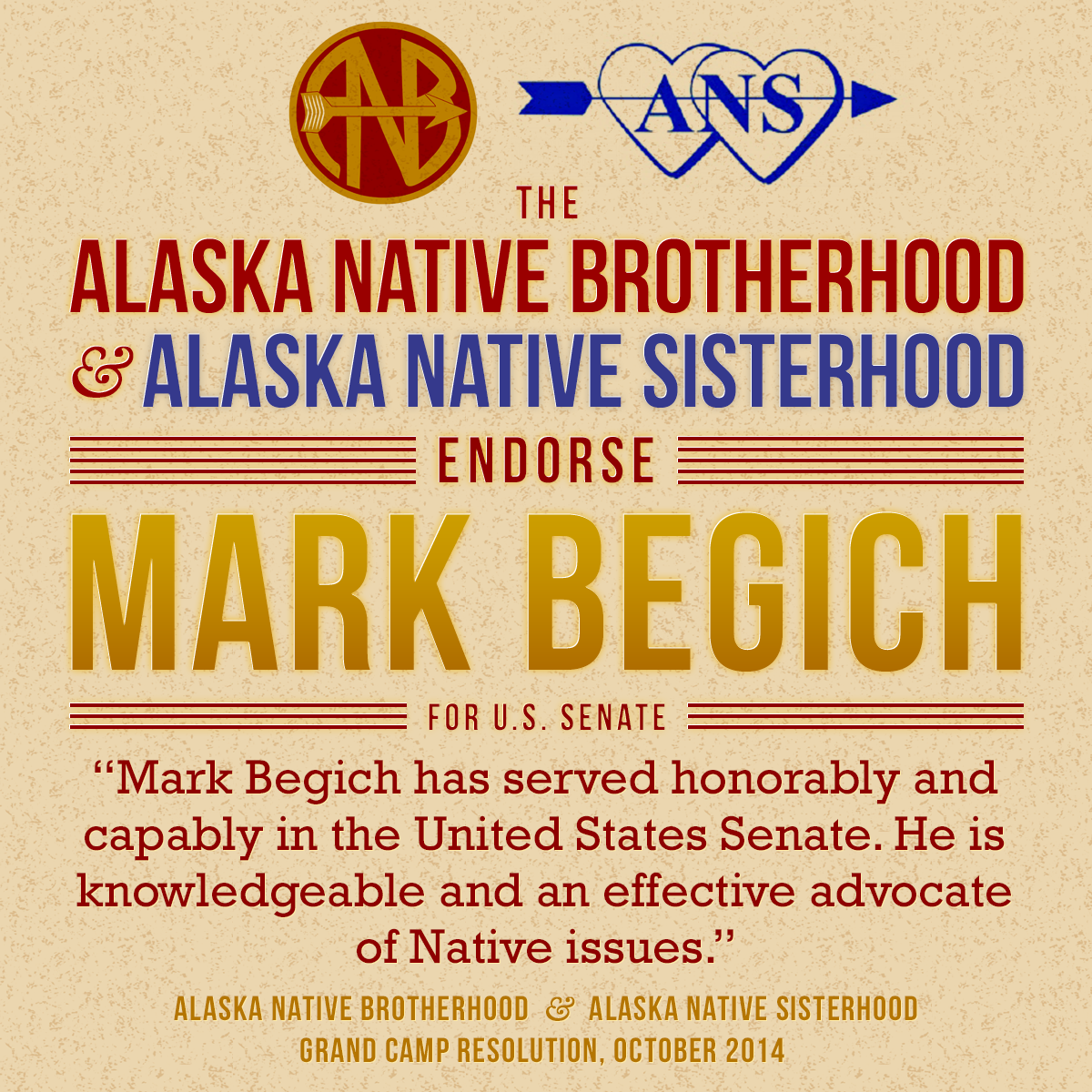Katie John’s Son Speaks out Against Dan Sullivan
FOR IMMEDIATE RELEASE: 10/09/2023
CONTACT: Max Croes — 907-570-2065
ANCHORAGE- Fred John Jr., son of Athabascan Alaska Native elder Katie John, is speaking out against Dan Sullivan’s anti-subsistence record and his litigation of Alaska Native subsistence rights. Sullivan filed a lawsuit against Fred’s mother in an attempt to restrict their family’s access to their traditional fish camp.
The Alaska Dispatch News published an op-ed by Fred John stating he is “deeply uncomfortable” with the idea of Dan Sullivan as a U.S. Senator, calling Sullivan’s lawsuit against his mother “misguided and wrong.” Sullivan pursued the case even though it had been overturned multiple times, with the 9th circuit ultimately rejecting Sullivan’s lawsuit.
“The final state official to sue was Dan Sullivan.” Fred John Jr.
Fred John Jr.
October 7, 2023
My mother was Katie John. Her name has become symbolic across the state of Alaska for her life-long legal battle to protect traditional rights. The state views her as a threat while her supporters view her as a hero. But to me, Katie John is simply “Mom,” a warm and loving woman who took care of me and my numerous siblings making sure we were clothed, fed and kept warm. Katie John took on the state of Alaska for the right to take care and feed her family the only way she knew how — the same way her ancestors had survived and existed for thousands of years.
Katie’s legal battles begin in 1987 after the state closed our family’s upriver traditional fish camp that had existed and fed our family for centuries. I have many happy memories of summers spent preparing for the cold months ahead by gathering and hunting food in this small area. My mother’s commitment to ensuring her children had a way to practice their traditional rights ran so deep that she spent the rest of her life in litigation against the state.
There were times that it seemed like my mother might finally win and be able to live the rest of her life in peace. But the state kept fighting her, even when the District Court ruled in her favor repeatedly. The final state official to sue was Dan Sullivan. When he was attorney general in 2010 he dug up awful history by taking the case to the 9th Circuit Court of Appeals.
Today, I can openly and honestly state that I am deeply uncomfortable with the reality that the man who re-opened my mom’s case could be Alaska’s next senator. Sullivan litigated against our family’s subsistence and traditional rights. It was misguided and wrong. Tony Knowles was in that same position at one time. Before making any bold decisions, he chose to visit our family’s fish camp, meet my mother and learn about the core reason for the Katie John case. Sullivan could have followed Knowles’ example. Instead, he chose to continue litigating against my mother.
Sullivan cannot represent Alaska, and he cannot represent subsistence rights in the U.S. Senate after suing my mother.
A year after my mother passed away at age 97, the U.S. Supreme Court refused to accept the state’s petition to overturn the lower court’s decision in her favor. This was another huge victory in the fight forsubsistence rights, at least on federal waters. We still have a long way to go in making sure those rights are protected on all lands and waters across the state.
I am hopeful that one day we will no longer have to struggle against the state for the right to take care of our families in the manner my mother and past ancestors survived. I am hopeful because of leaders like Sen. Mark Begich. Despite my reluctance to trust the state, I feel Begich has supported and advocated forsubsistence rights. I have watched him carefully from his first day in office — he has consistently made sure our voices are heard when making critical legislative decisions that affect our way of life. Forexample, the re-authorization of the Magnuson-Stevens Act. Subsistence users are being included in the act for the first time in the bill’s history. Begich also introduced and passed the Traditional Foods Nourishment Act that has helped protect subsistence rights. This legislation stopped the federal government from prohibiting the serving of traditional foods in schools, hospitals, and elder-care facilities.
Begich’s actions prove the state does not have to be at war with our traditional and subsistence rights. After decades of battling the state at every turn, it’s a relief to have a politician who not only says he supports us but has also proven himself by fighting to defend and help us build on the progress my mother made.
My mother worked too hard during her lifetime to protect myself, my family and all future Alaska generations who depend on subsistence and traditional rights to survive. We need to elect Begich this coming election. We need him in the Senate to help us continue the Katie John legacy. May her life’s work survive and may she rest in peace.
Fred John Jr. (Ahtna Athabascan) grew up in Mentasta Lake. Last May, the 71-year-old and his brother walked 375 miles from Dot Lake to Anchorage to raise awareness for subsistence rights and carry on his mother Katie John’s legacy of bringing attention to the needs of Alaska Native people.


